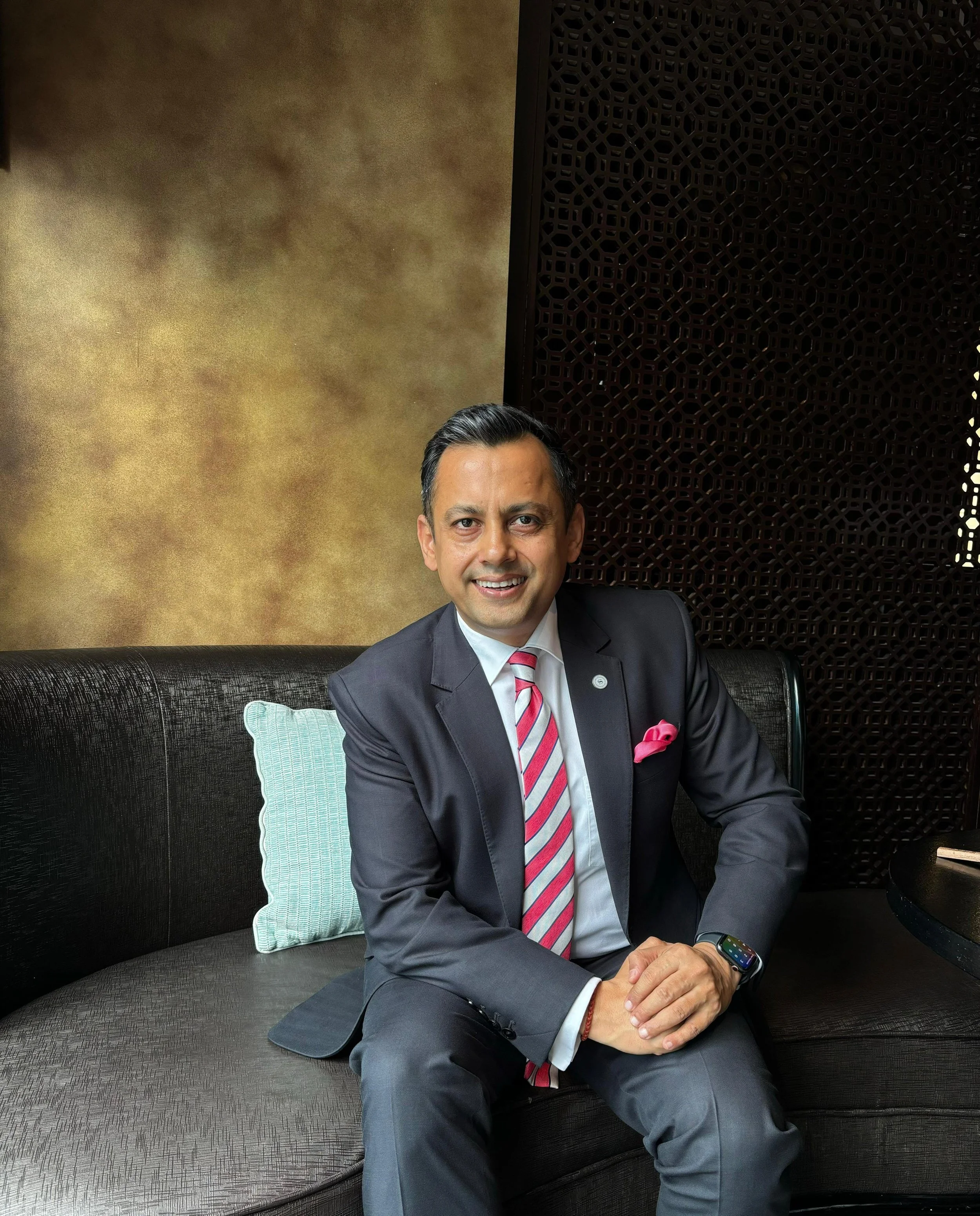Your No 1 Priority As A Leader: Choose The Right Metric, Make It Your Team's North Star.
Why is the North Star so special? The axis of Earth is pointed almost directly at it. During the course of the night, Polaris does not rise or set but remains in very nearly the same spot above the northern horizon year-round while the other stars circle around it. It marks the location of the sky's north pole, the point around which the whole sky turns.
Setting up your team's collective North Star should be your No 1 priority. Everybody's efforts should be in the same direction and everything should circle around it.
A North Star metric is a measure that becomes both a goal and a direction for a team or an individual.
Consider the cardinal rule for hospitality: location, location, location. This rings true for hotels, resorts, restaurants, pubs and now even in the metaverse. Getting your location right can mean a world of difference in terms of revenue and business.
Once that is done, though, the same metrics cannot be applied to different businesses. If you are a business hotel, you might want to keep an eye on repeat customer metrics, but if you are a unique, once-in-a-lifetime experience resort, you may not want to worry about that metric. Same for Customer Lifetime Value or Preference Capture.
Why have a metric?
A business hotel may want to measure the time taken for Check-In, as a measure of efficiency. The quicker, the better. According to business hotel operators, guests do not want to wait, they want a ready room on arrival and want to go straight to the room.
A resort may also want to measure the time taken for Check-In but as a measure of warmth or relationship. The slower, the better. According to resort operators, guests do not want to wait, they want a ready room on arrival BUT do not want to go straight to the room. They want to take in the atmosphere, the setting, talk to a host, feel acclimatised, want attention etc.
Both may want to measure 'Time Taken for Check In' but in a totally different way.
Questions To Ask Before You Set Up A Metric
Are you measuring a process or a person?
A process metric is independent of who is being measured. e.g. A room should be made ready from a dirty status in 30 mins. That is a process metric. Whether everyone on your Housekeeping team can do it, is a person metric.
Do you want to ensure compliance or do you want to inspire performance?
Time taken to deliver a Room Service order is a common metric. Usually 5 mins for tea/coffee, 15 mins for snacks, 25 mins for meals etc. This is compliance.
Making sure the associate spends 5 mins in the room, setting up the table, serving the guest and ensuring they have everything they need. This is to inspire service.
Can you measure it easily? Fairly? Will the measure remain the same irrespective of who measures it? No biases.
Warmth / Customer Centricity and other metrics can be confusing to your team because these are difficult to measure and depend upon the observer. Your team will only commit to measures that seem fair.
A good example is 'errors in a ready room' or 'errors in a ready banquet set up'. This is something that can be self-monitored or done in pairs and is free of bias. Either something is as per standard/request or not. In the room case, a good checklist becomes the basis and in the case of a banquet, a Function Prospectus.
Soft Measure or Hard Measure?
You would need to decide whether you want only hard, quantifiable measures or also soft, feeling measures.
Quantity and Quality of food prepared is a good example. You want your kitchen team to ensure that the time taken to prepare a dish is measured, the presentation is as per standards set AND it tastes good.
Can the person improve because of the measure? Does the measure give out any intelligent feedback?
This is where a lot of the metrics fail. If the measure does not help you or your team do a better job and work on the things that matter, then is it even something you should measure?
For example, let's take the most used metric for service organisations - NPS - Net Promoter Score. What is a valet, a room service order taker, a maintenance engineer, a commis supposed to do when the NPS falls for a quarter? or goes up for that matter?
Are the stars aligned?
You cant have people pulling the boat in different directions. This is where the leader in you needs to take charge. Align everyone's north star, to the big one you are working towards.
What Is A Good Metric then?
A good metric, a good north star, matters to the person, to the process, to the department, to the division, to the company, the stakeholders and the community.
is personalised. It should be something that is a judgement/result of a large part of your team's work.
is actionable. It should be something your team member can do something about. A good metric should be something she can act upon, and something that creates action/momentum in her.
has some benchmarking, some logic in it.
has the potential to have an exponential impact on work performance.
Real-World Examples
A lot of hotels have Guest Relations Executives (s) or departments. I am amazed they are not measured on time spent with guests. This should be the no 1 metric, their North Star.
Food & Beverage service staff should track a metric I like to call 'suggestion hits'. How many guests ordered the dish/drink/wine suggested by the wait staff? I do not mean how many ordered the highest priced dish, but rather, how many guests trusted the team and went with the suggestions offered by them.
Want to make this Insight WOW?
This section is my north star! :)
Have fun with this idea. Once you understand that you can drive performance and initiatives via a good metric, then develop as many as you need as a leader. You can run them weekly, monthly, quarterly etc. You can have competitions amongst your team members or teams.
You can let your team tell you what they should be use as a metric. Try it, you will be amazed at the ideas you receive.
Reward, Reward, Reward. Consistently, without fail, reward the team when they meet the metrics and when they show the courage to follow their North Star.
Use the North Star as a decision-making tool. In the example about Guest Relations, if you do decide that Time Spent With Guests is what you want them to aim at, then you will have to work with them to either reduce, manage or remove all other tasks that take them away from that metric. You may need to train them in the art of conversation, dining etiquette, etc. All these decisions become easy once you know your North Star.
Make sure your North Star aligns with your team's. Too many managers are busy getting the team to work on stuff that contributes to their performance and bonuses. Work with your team on what will bring them rewards. Make their success your North Star.
As always, thank you for reading. I am happy to help you set up your personal North Star or your team's. Write to me at p.bedi@eclathospitality.com and let's create that shiny thing in the sky, together.










